You are likely familiar with these domain name extensions. The two-letter, short endings that often seem to stand for and represent a bigger idea. They’ve become popular alternative domain names to the familiar “.com” and are memorable and recognizable extensions. These two-letter domain extensions are called Country Code Top-Level Domain names, or ccTLDs, and are meant to represent a country. These extensions are often managed, at least in part, by the government of their respective country. Today, we’ll highlight the change in use of three ccTLDs over time: .ME, .CO, and .IO. What started as a country’s domain extension in all cases was eventually opened to the public and is now used in a variety of ways by individuals, brands, and big companies. Read on to see how you can use ccTLDs for your brand and learn about the interesting history of these domains.
.IO Domain: Then and NowThe .IO domain name is the Country Code Top-Level Domain of the British Indian Ocean Territory and is managed by a registry based out of the UK. It’s acted as the domain extension representation of a small set of islands in the middle of the Indian Ocean since 1997. In 1998, Levi Strauss & Co. was the first company to use this domain name extension for something outside of the country. They secured the domain name, levi.io.
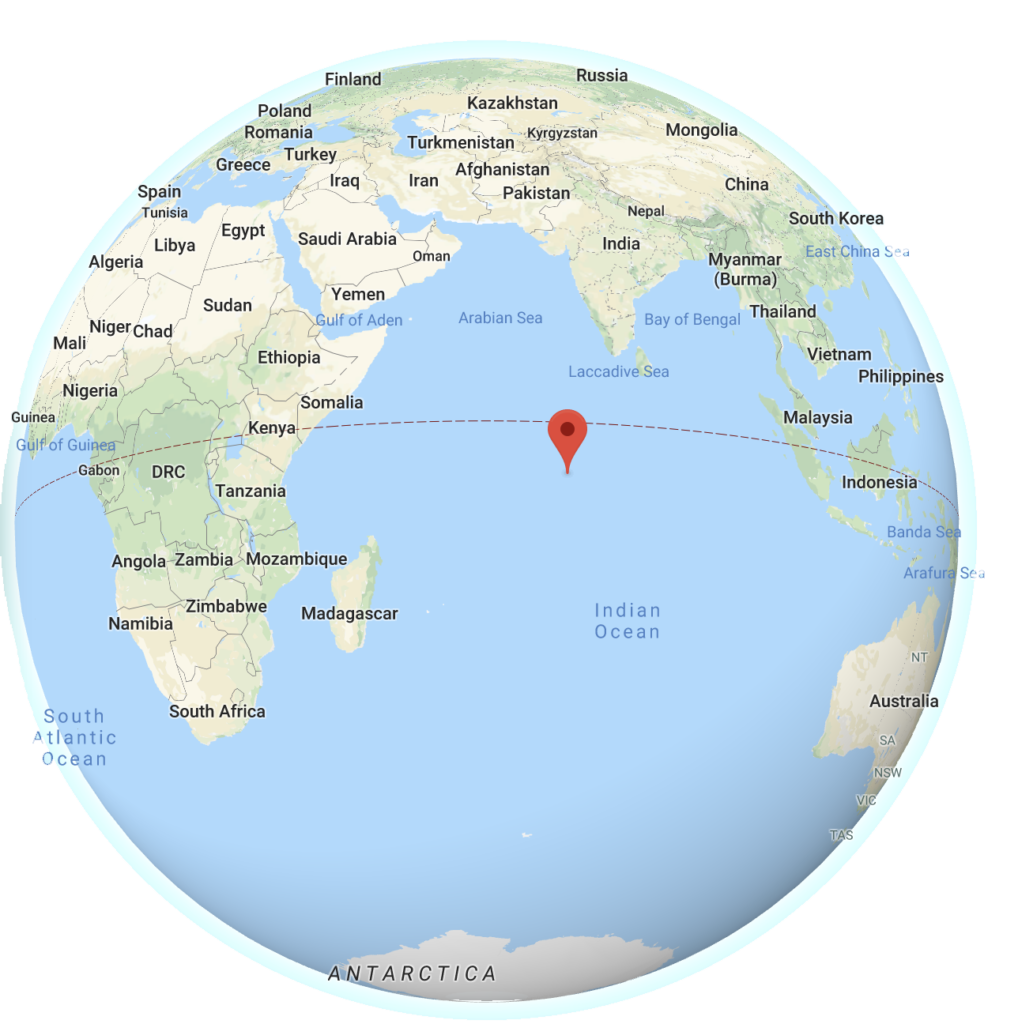
British Indian Ocean Territory
In 1999, the technology industry realized that the term “IO” is an interesting representation of I/O as it’s a short form of input/output. From 2007 until today, .IO has been incredibly popular with the technology startup scene. As of 2013, Google declared .IO to be a “generic ccTLD” which means it’s treated as any other TLD in their rankings.
Google owns a .IO domain name with material.io, an open-source design system that allows design teams to create exceptional digital experiences.
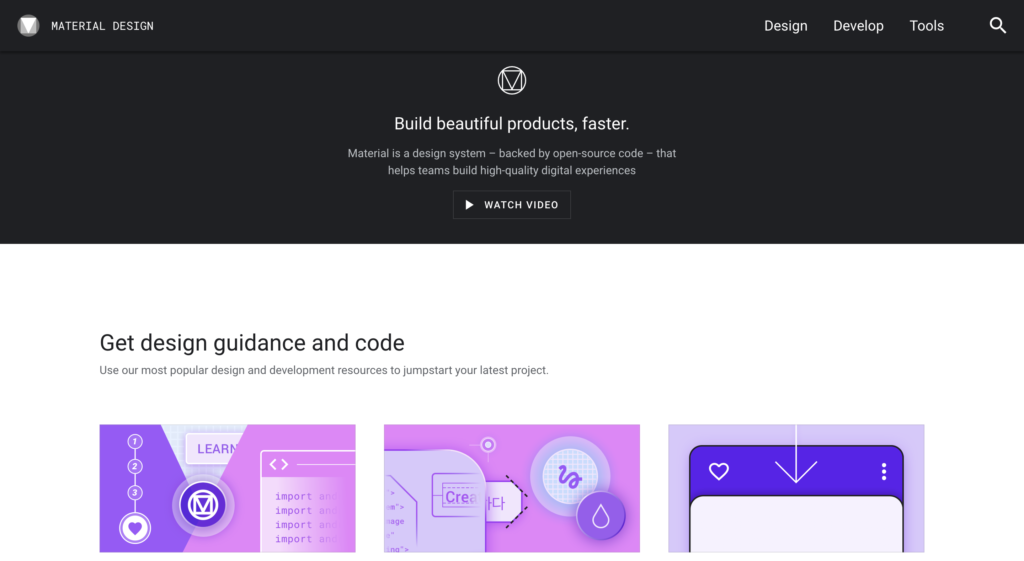
material.io
.ME Domain: Then and NowThe .ME domain name is the Country Code Top-Level Domain of Montenegro. After Montenegro gained its independence in June 2006, the Internal Organization for Standardization (ISO), which defines codes for countries and geographical areas, assigned Montenegro the country code ME. The .ME domain name is operated by doMEn and sponsored by the government of Montenegro.
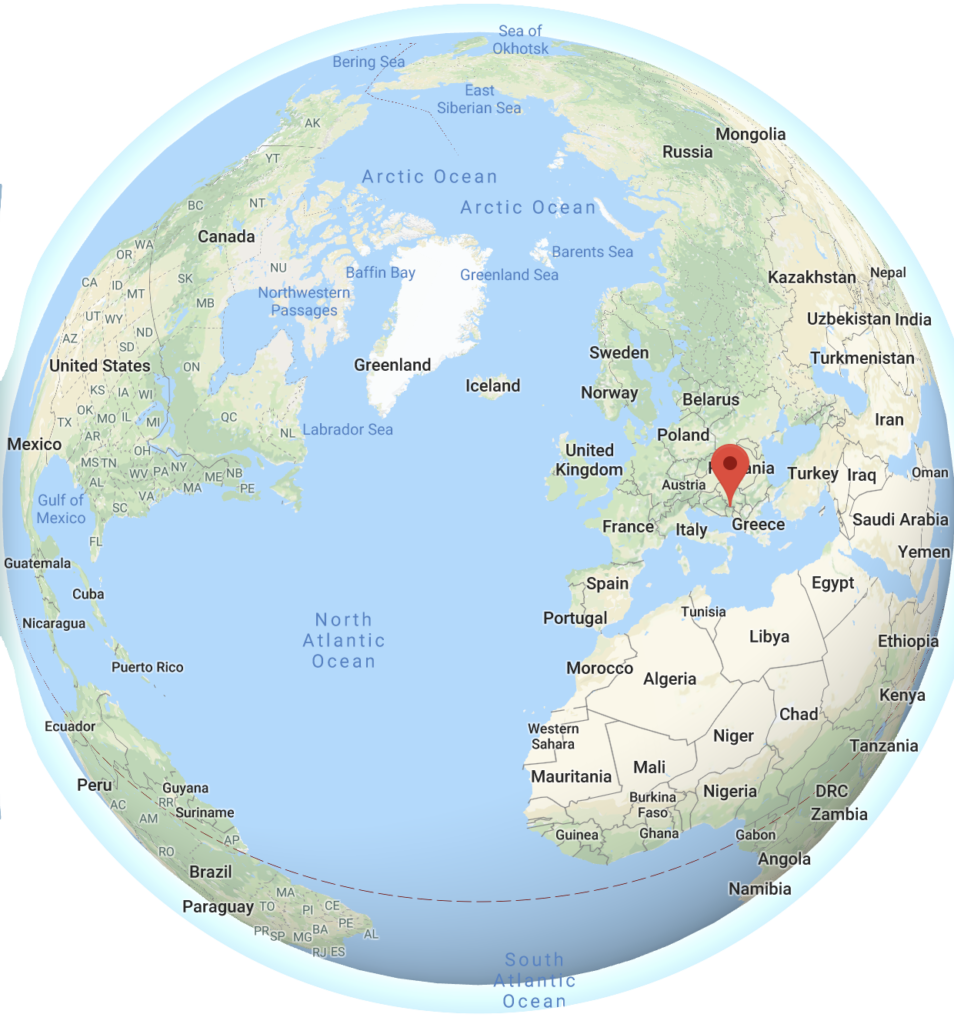
Montenegro
In 2008, the .ME domain name has been available to anyone, without restriction. .ME is a domain name that translates well and is a very popular extension for anyone building a personal brand. Domains with popular words, like insure.me and sync.me, got snatched up fast once the extension was made available. That said, big companies have seen the attraction of the domain and its many uses.
Spotify uses the .ME domain name in spotify.me to give you an understanding of your listening patterns and habits. The process provides a bit of insight into the intelligence behind Spotify’s streaming suggestions and how that pairs with brands who advertise through Spotify.
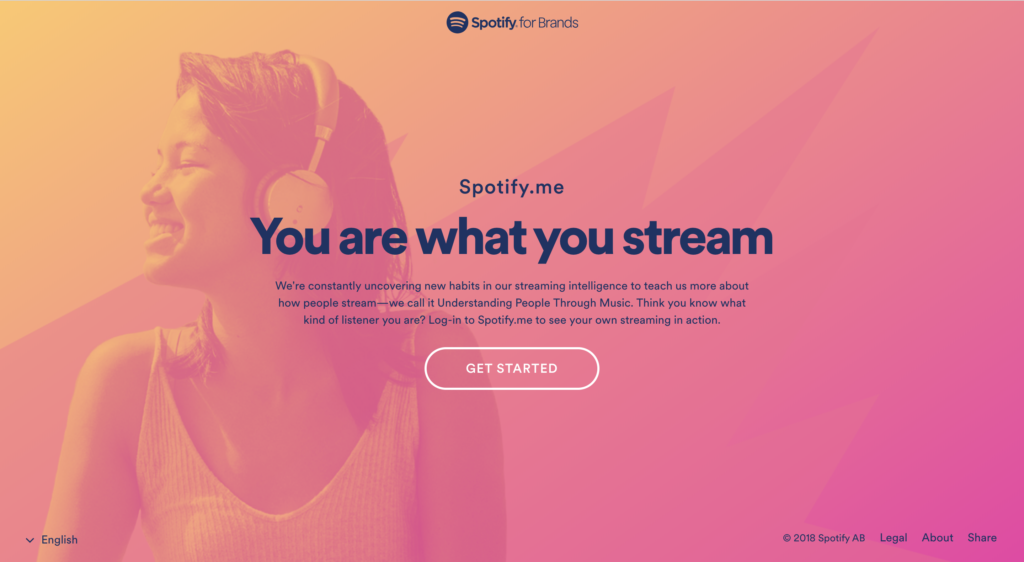
spotify.me
.CO Domain: Then and Now
The .CO domain name is Columbia’s ccTLD. The .CO domain was released in 1991. The .CO domain extension became available to the public in 2010. Nowadays, the .CO extension has become incredibly popular amongst communities and companies. There are also perks open to members of .CO which are great for burgeoning entrepreneurs.
To celebrate the release of the domain to the public, the registry auctioned single-letter .CO domains. Lonnie Borck of B52 Media bought ownership of e.co, the very first single letter domain to be sold on .CO, with others like a.co (Amazon) and s.co (Snapchat) being sold shortly after.
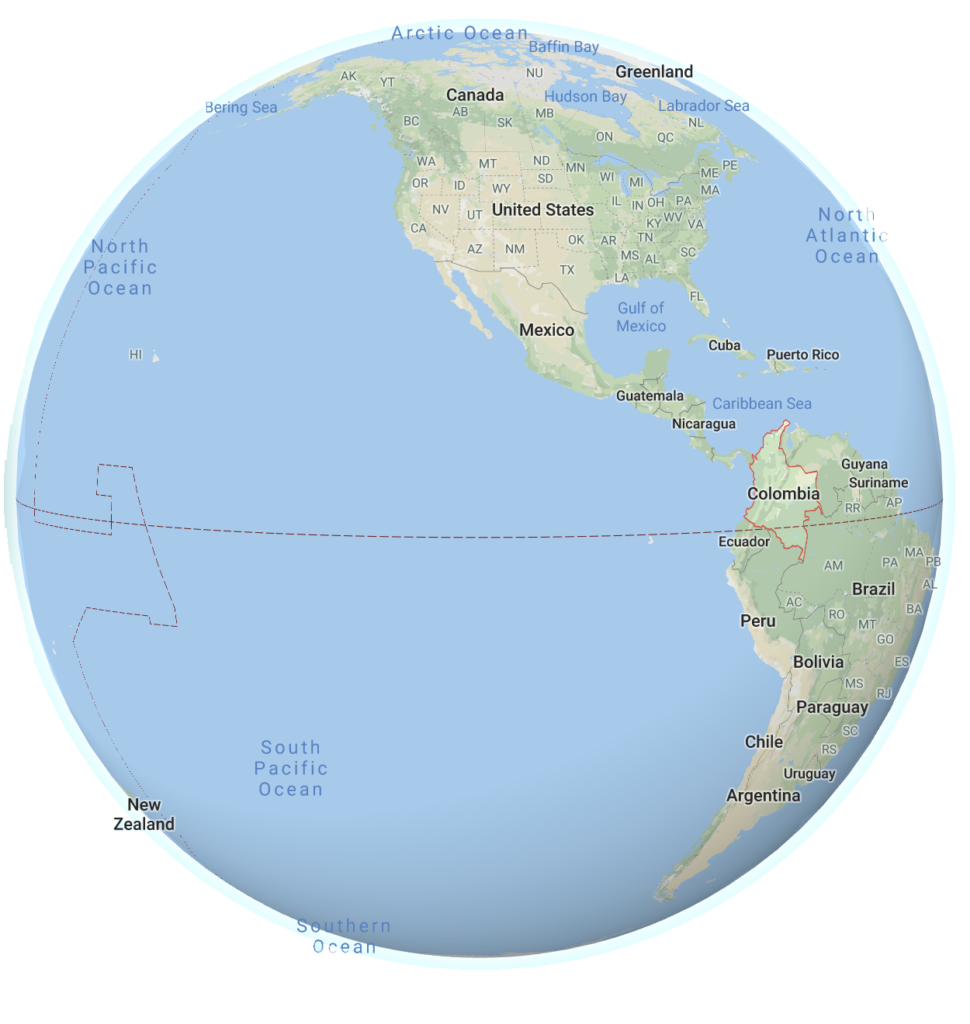
Columbia
.CO domain name brings people together, which can be seen with the Good Good Good brand. Good Good Good is a brand surrounding the idea of promoting the good in the world. The community engages with their digital content, their print content, and their podcast. The .CO domain name, used by Good Good Good as goodgoodgood.co, connects the community that they created around their brand.

goodgoodgood.co
If you were launching a business and couldn’t secure the .com, what domain extension would you choose? What other country code domain extensions are you familiar with? Let us know in the comments below!

Samantha is a digital marketing expert, entrepreneur, and podcaster for Float or Founder. She currently handles content for Hover a domain name registrar. She loves filling you in on Toronto’s tech industry. She lives for travel and is always looking for the chance to dive, snorkel, and paddleboard.





